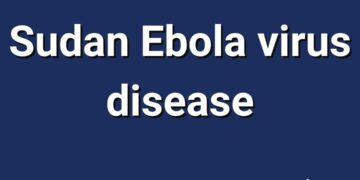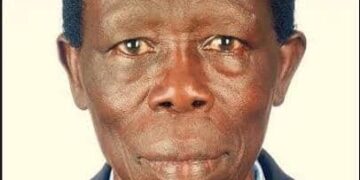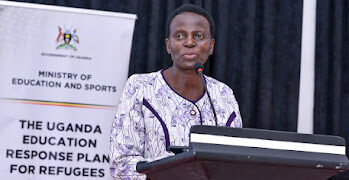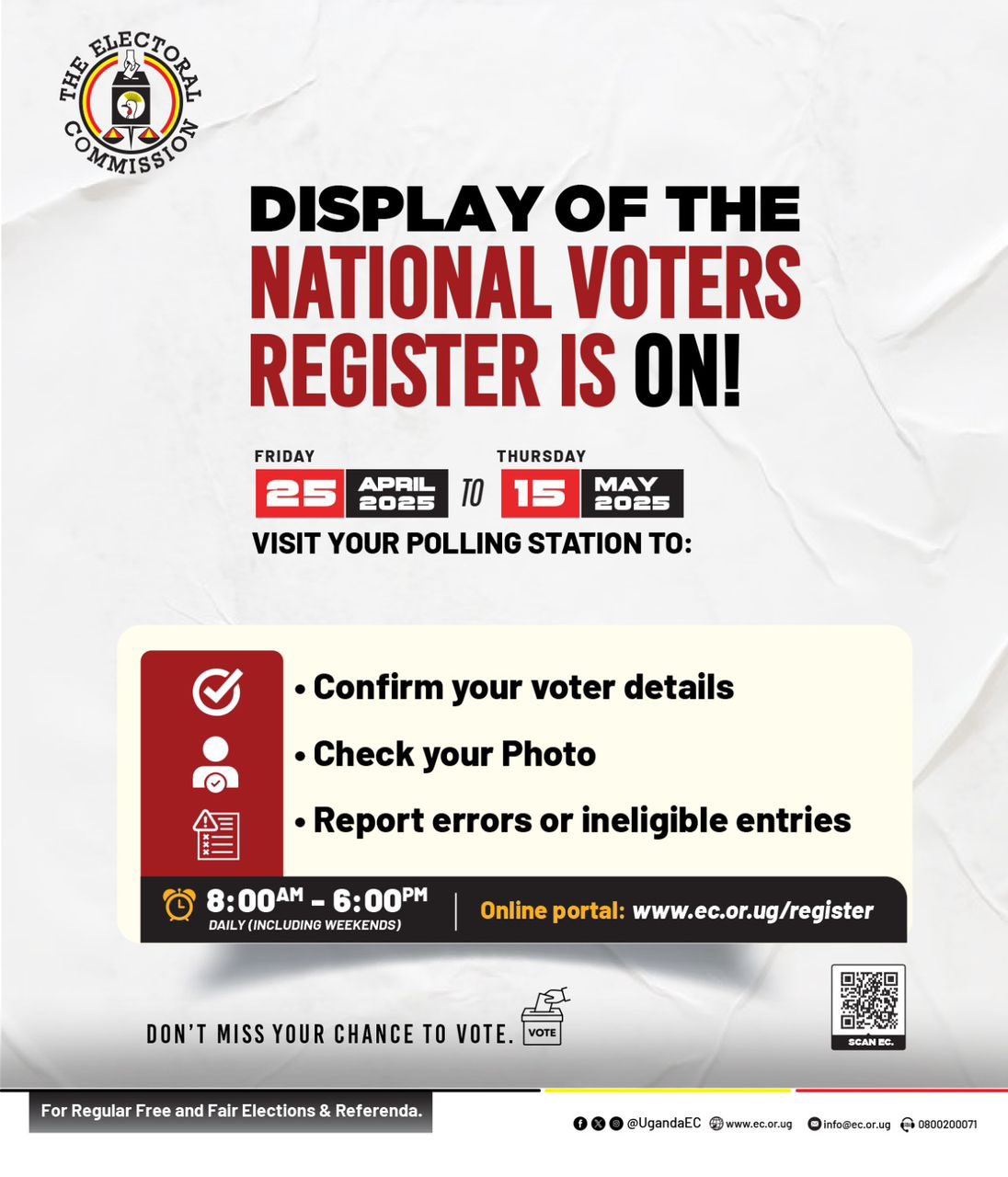The Democratic Republic of Congo (DRC) has delayed the rollout of AstraZeneca coronavirus vaccines, citing safety concerns.
The decision was communicated by the country’s health ministry citing the suspension of the use of the shots by several European countries.
“We hear that in Europe there are several countries that have suspended the vaccine. We are going to check to know more about this problem” a spokesperson for Congo’s health ministry was quoted to have said on Friday.
Congo received 1.7 million AstraZeneca doses via the global COVAX vaccine-sharing programme on March 2, but is yet to start its inoculation programme.
A World Health Organization expert advisory committee is currently looking at AstraZeneca’s COVID-19 vaccine after some countries paused distribution of the shot, but a spokesperson said there is no reason not to use it.
Health authorities in Denmark, Norway, Iceland and Bulgaria have also suspended the use of AstraZeneca COVID-19 vaccine following reports of the formation of blood clots in some people who had been vaccinated.
Last week, South Africa also suspended its rollout of the AstraZeneca coronavirus vaccine after a small clinical trial suggested it offered only minimal protection against mild to moderate illness from the COVID variant that originated in the country.
The South African trial of the vaccine, conducted in about 2000 people, found such a low efficacy against mild and moderate disease, under 25%, that it would not meet minimal international standards for emergency use. But scientists are hopeful it might still prevent severe disease and death—arguably the most important job for any COVID-19 vaccine.
South received 1 million doses of the AstraZeneca-Oxford vaccine and had planned to start to offer it to health care workers next week, which would have made it the first COVID-19 vaccine available in the country outside of clinical trials.
COVID-19 vaccines made by Johnson and Johnson (J&J) and Novavax have also been shown to offer weaker protection against B.1.351 (also known as 501.V2), the SARS-CoV-2 variant that now causes the vast majority of all infections in South Africa, than against older variants. The vaccines’ efficacy against mild disease in South Africa was 57% for J&J and 49% for Novavax—lower than in any other country they were tested.
The DRC, a sprawling central African country has confirmed 28,846 cases of the virus, of which 712 have died.






























